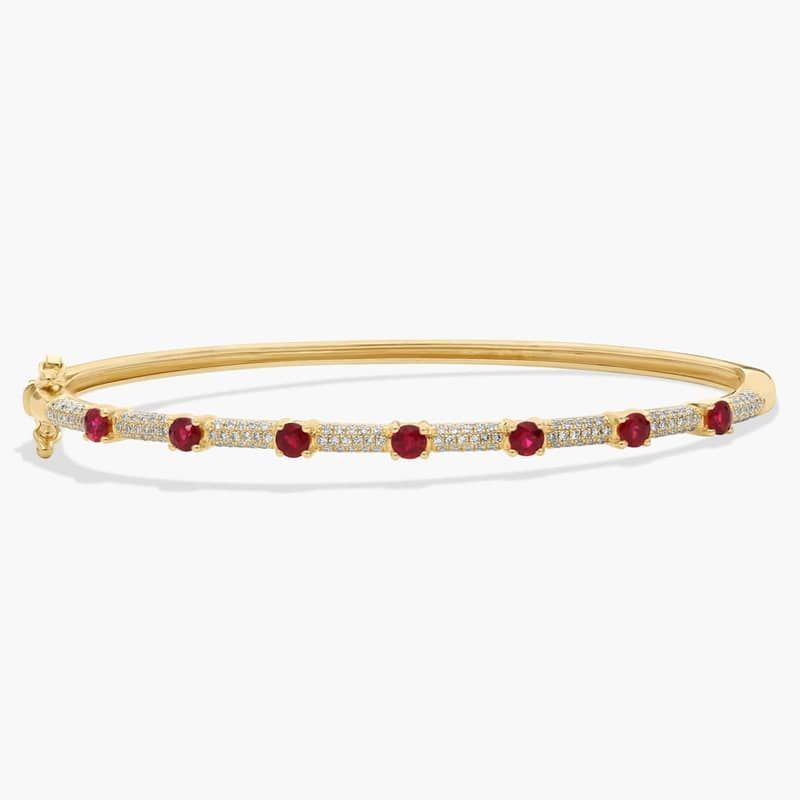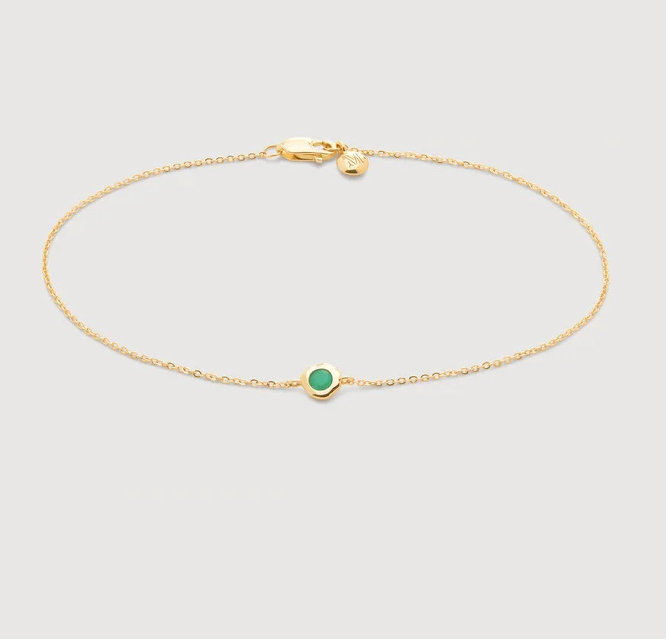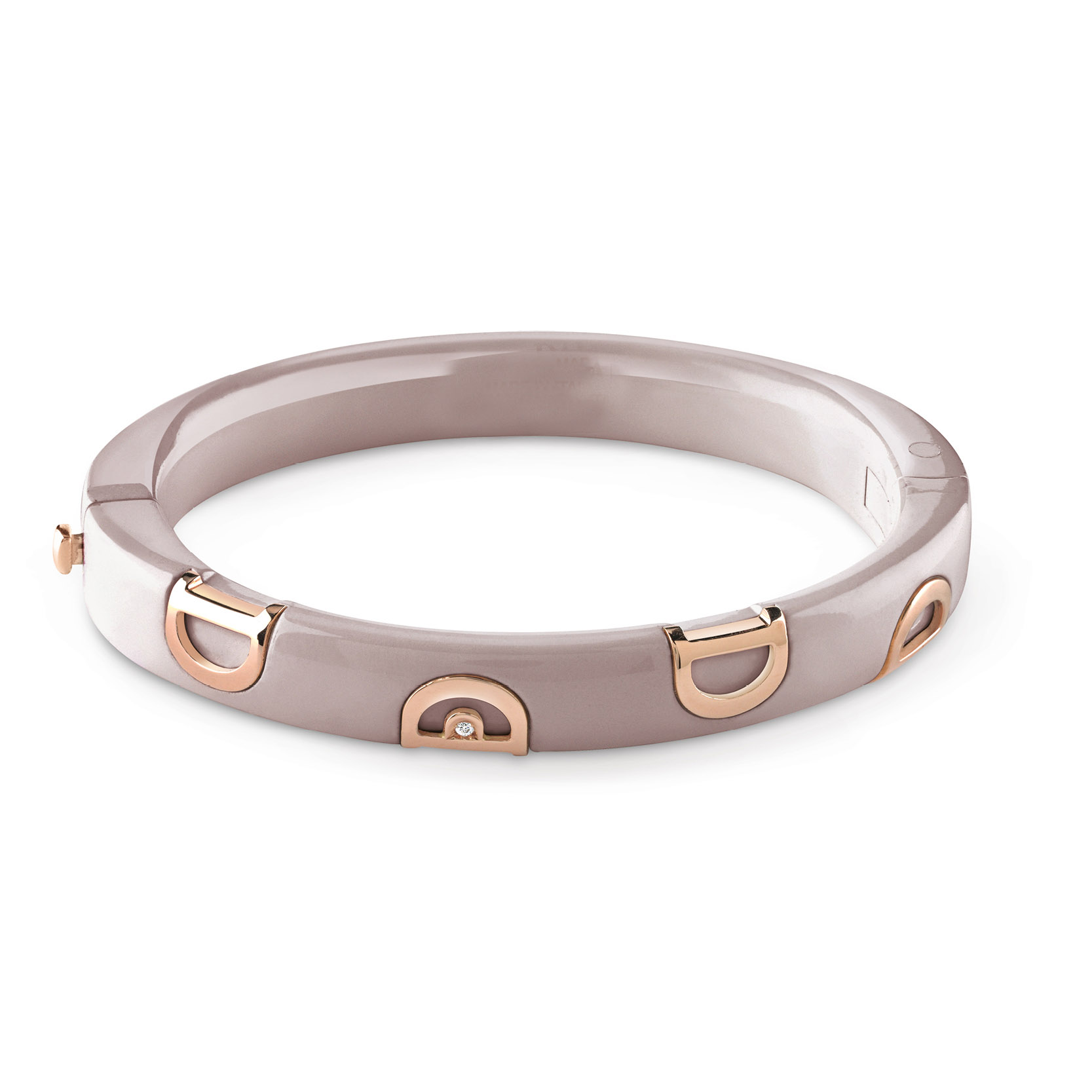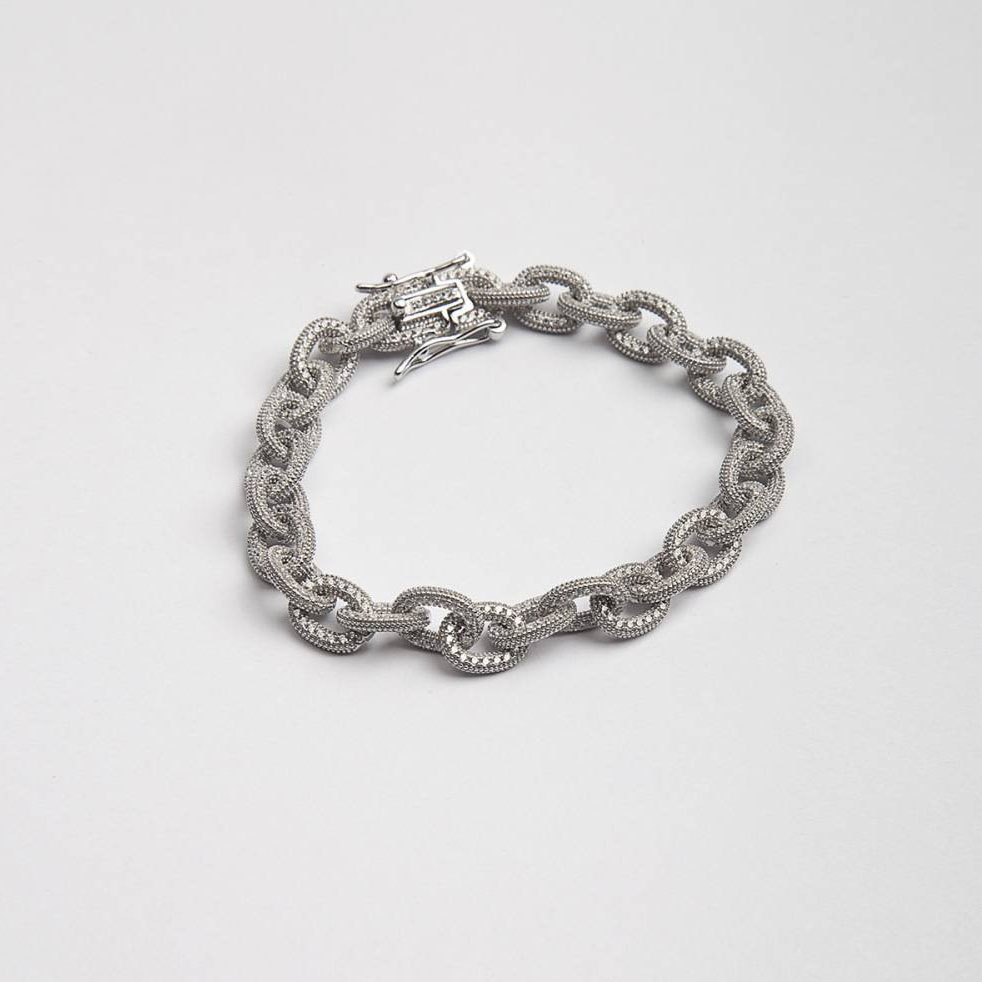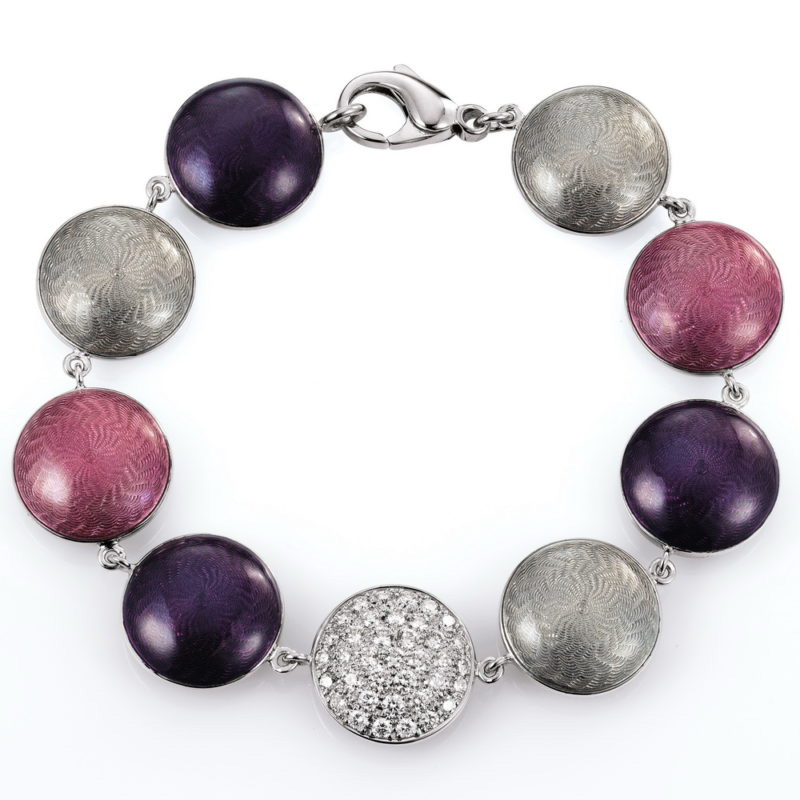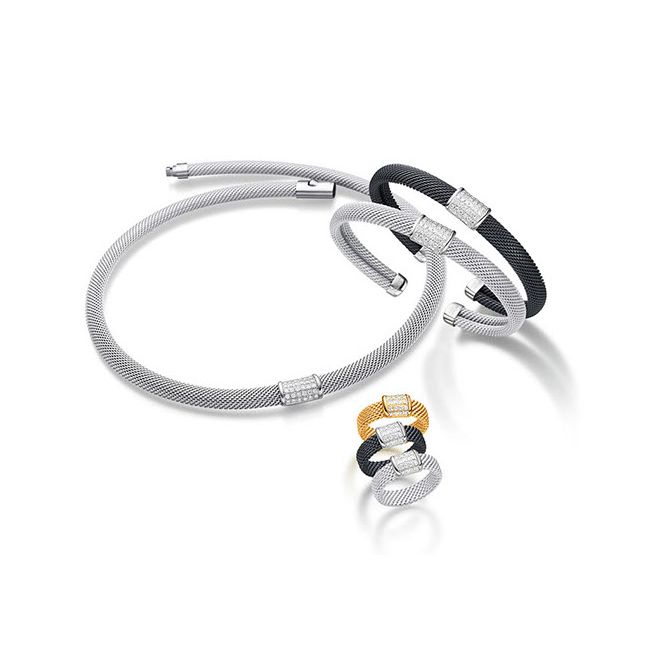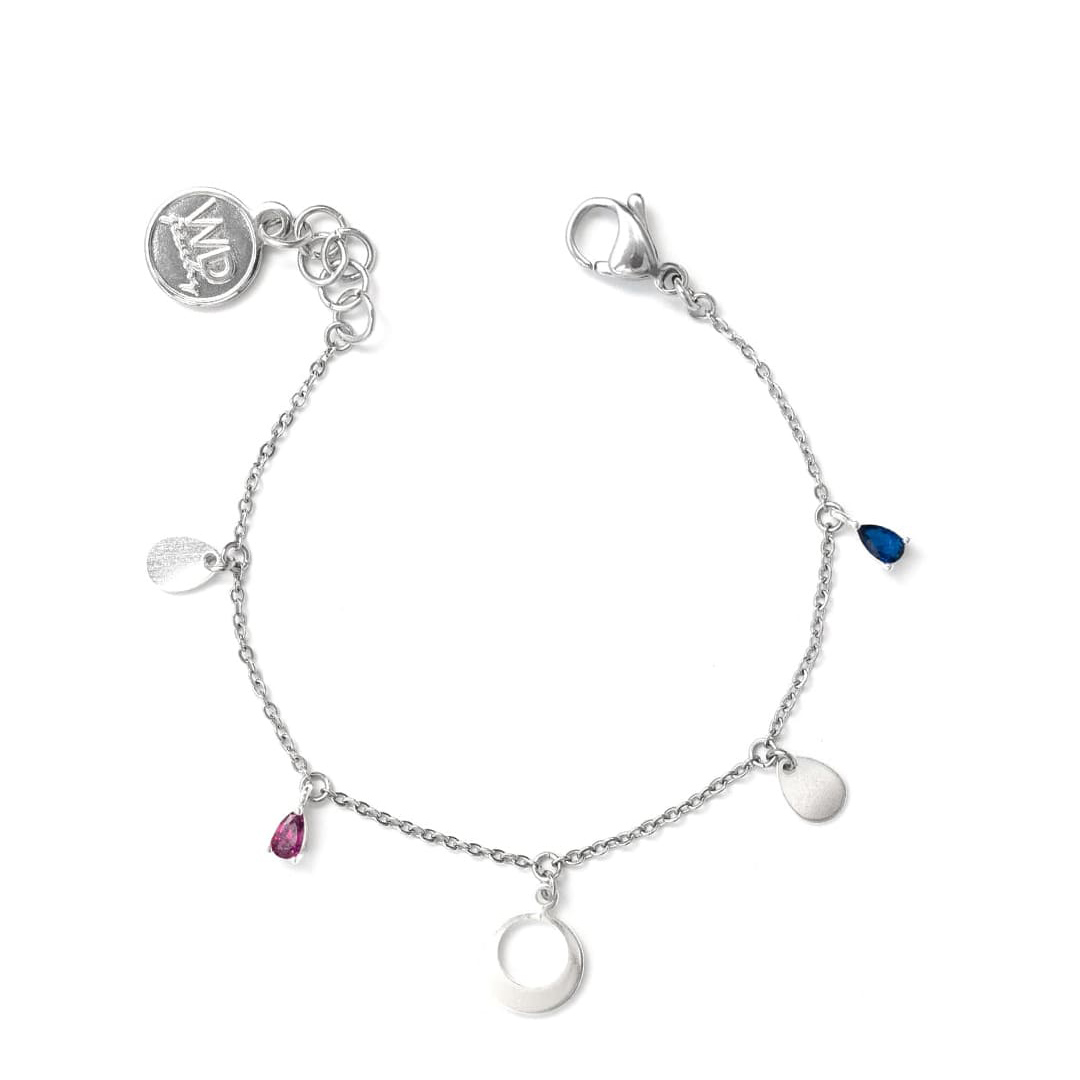Stainless Steel vs. 925 Silver for Custom Bracelets: Which Is Better and How Do Prices Compare?
OEM/ODM jewelry manufacturer design custom your own jewelry
LET’S GET STARTED : mo@kingjy.com
Stainless Steel vs. 925 Silver for Custom Bracelets: Which Is Better and How Do Prices Compare?
Introduction
Custom bracelets are a popular choice for personalized jewelry, offering a unique way to express individuality, commemorate special occasions, or even serve as meaningful gifts. When choosing materials for a custom bracelet, two of the most common options are stainless steel and 925 silver (sterling silver). Both have distinct advantages and disadvantages in terms of durability, appearance, cost, and maintenance.
This article will explore the differences between stainless steel and 925 silver bracelets, helping you decide which material is better suited for your needs. We will compare their properties, benefits, drawbacks, and price ranges to provide a comprehensive guide.
1. Understanding Stainless Steel and 925 Silver
1.1 What Is Stainless Steel?
Stainless steel is an alloy composed primarily of iron, chromium, nickel, and other metals. The chromium content (usually at least 10.5%) provides excellent corrosion resistance, making it highly durable and tarnish-resistant.
Common Grades Used in Jewelry:
- 304 Stainless Steel – The most common type, offering good corrosion resistance and affordability.
- 316L Stainless Steel – Higher quality, often called “surgical steel,” with better resistance to saltwater and harsh environments.
1.2 What Is 925 Silver?
925 silver, also known as sterling silver, consists of 92.5% pure silver and 7.5% other metals (usually copper). The addition of copper strengthens the silver, making it more durable for jewelry while maintaining its beautiful luster.
Key Characteristics:
- Naturally shiny and lustrous
- More prone to tarnishing than stainless steel
- Requires regular polishing to maintain its appearance
2. Comparing Stainless Steel and 925 Silver Bracelets
2.1 Durability and Longevity
| Factor | Stainless Steel | 925 Silver |
|---|---|---|
| Scratch Resistance | Highly resistant | Prone to scratches |
| Tarnish Resistance | Does not tarnish | Tarnishes over time |
| Corrosion Resistance | Excellent (especially 316L) | Can corrode if exposed to moisture/sweat |
| Bending/Warping | Very strong, unlikely to bend | Softer, may deform under pressure |
Winner: Stainless steel is more durable for everyday wear, while silver requires more care.
2.2 Appearance and Style
- Stainless Steel:
- Modern, sleek, and industrial look
- Available in polished, brushed, or matte finishes
- Often used for minimalist, masculine, or sporty designs
- 925 Silver:
- Classic, elegant, and timeless shine
- Preferred for delicate, feminine, or vintage styles
- Can be rhodium-plated for extra brightness and tarnish resistance
Winner: Depends on preference—silver for a classic look, stainless steel for a modern aesthetic.
2.3 Hypoallergenic Properties
- Stainless Steel (316L): Hypoallergenic, ideal for sensitive skin.
- 925 Silver: Generally safe, but some people may react to the copper content.
Winner: Stainless steel is better for allergy-prone individuals.
2.4 Maintenance and Care
| Maintenance Factor | Stainless Steel | 925 Silver |
|---|---|---|
| Cleaning | Easy (mild soap & water) | Requires polishing cloth |
| Tarnish Prevention | Not needed | Needs anti-tarnish storage |
| Long-Term Care | Minimal upkeep | Regular polishing required |
Winner: Stainless steel is lower maintenance.
2.5 Price Comparison
| Material | Average Price Range (Custom Bracelet) |
|---|---|
| Stainless Steel | $20 – $100+ (depends on design complexity) |
| 925 Silver | $50 – $300+ (varies based on weight and craftsmanship) |
Key Price Factors:
- Stainless steel is generally more affordable due to lower material costs.
- 925 silver is more expensive because of its precious metal content.
- Intricate designs (engravings, gemstones) increase the price for both.
Winner: Stainless steel is more budget-friendly.
3. Which Is Better for Custom Bracelets?
Choose Stainless Steel If You Want:
✅ High durability for daily wear
✅ Low maintenance (no tarnishing)
✅ A modern, industrial, or sporty look
✅ A budget-friendly option
Choose 925 Silver If You Prefer:
✅ A classic, luxurious appearance
✅ A material that develops a vintage patina over time
✅ Willingness to perform regular polishing
✅ A higher-value, precious metal option
4. Conclusion: Stainless Steel vs. 925 Silver
Both stainless steel and 925 silver have unique advantages, making them suitable for different preferences and lifestyles.
- Stainless steel is the best choice for durability, affordability, and low maintenance.
- 925 silver is ideal for elegance, prestige, and timeless appeal, though it requires more care.
Ultimately, the decision depends on your budget, style preference, and how much maintenance you’re willing to undertake.
Final Recommendation:
- For everyday wear & active lifestyles → Stainless steel
- For luxury, gifts, & special occasions → 925 silver
By understanding these differences, you can make an informed choice when ordering your custom bracelet!
